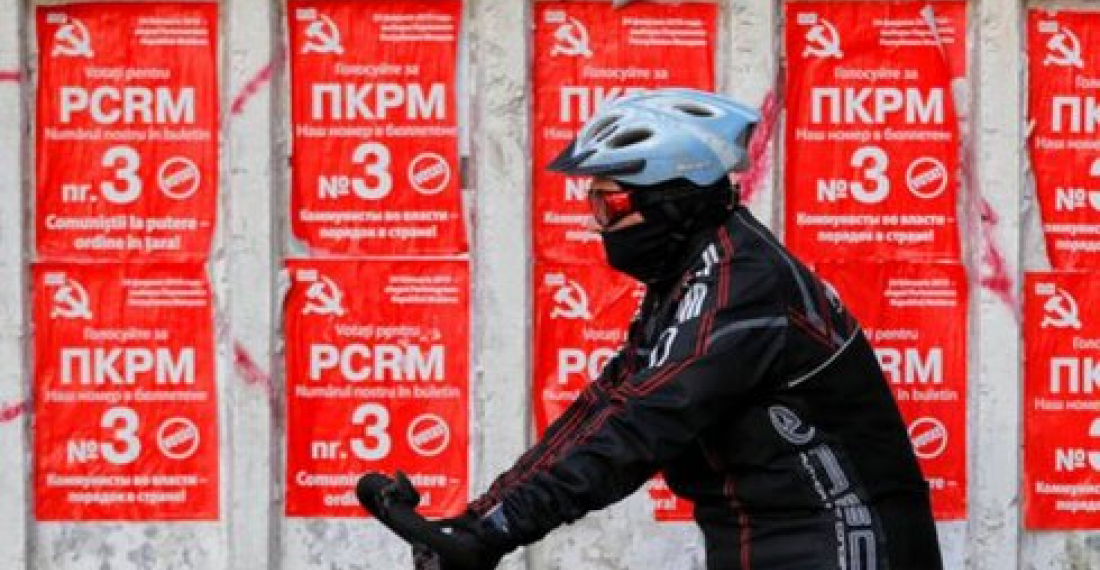Moldovans are voting on Sunday (24 February) in crucial parliamentary elections which are likely to define the country's foreign policy orientation going forward. More than three million Moldovans are eligible to vote. They will choose representatives for the next four-year term of the 101-seat legislature. Political observers say no outright winner is expected.
The two main parties that have dominated Moldovan politics in recent years are the Socialists who support closer relations with Russia, and pro-European Democratic Party led by Vladimir Plahotniuc. Currently, the Democrats are the main party in the ruling coalition, the junior partner being the Popular European Party. The president of Moldova, Igor Dodon has the support of the Socialists and in recent years there have been awkward moments as the process of "political co-habitation" was very tense.
All eyes in these elections are however on a third force, the pro-European ACUM which opposes both major parties and signed a pledge Thursday not to enter into a coalition with them if no party wins an outright majority. Parties need to win six percent of the overall vote to enter Parliament.
Last year, the European Parliament called Moldova "a state captured by oligarchic interests." The EU also froze aid to Moldova after a local court invalidated the 2018 Chisinau mayoral election on a technicality, a move seen as a bid to thwart the apparent victory of a pro-European candidate.
source: commonspace.eu with agencies







